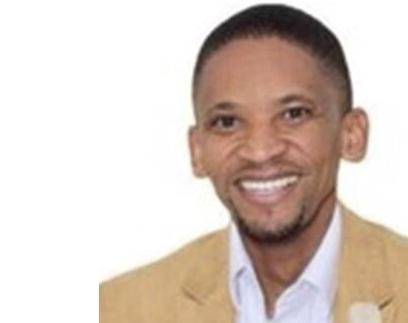
Many people cry foul at religious practices they deem bizarre. They wish to see them banned. How should one respond to these outcries?
It is significant to note the Constitutional Court’s position in the case of Prince v President of the Law Society of the Cape of Good Hope.
The court found that a person is free to believe something even if it is illogical or bizarre to non-believers.
Does this mean that a believer can do as they please regardless of how negatively their actions affect others?
Chapter 2 of the Constitution entrenches its supremacy and emphasises that law or conduct inconsistent with it is invalid and obligations imposed by it must be fulfilled.
Recent practices by pastors have included spraying people with Doom (insect repellent), and making people drink petrol and bleach and eat grass and human hair.
These practices are performed by pastors who feed believers substances which, in the public eye, are not for human consumption.
Such practices are ignited by people’s desire for “better life-securing” miracles.
Some pastors also threaten people with death if they do not give tithes and/or give money to them and the church.
These pastors claim that they, and their congregants, have the right to freedom of conscience, religion, thought, belief and opinion; and the right, with other members of their community, to practise their religion as outlined in the Constitution.
They argue that any intervention that encourages them to desist from performing such acts amounts to violation of these rights.
To address this impasse, it is imperative to ascertain whether these pastors and voluntary believers exercise their rights in a manner consistent with the provision of the Bill of Rights and the Constitution.
Are these rights absolute or subject to limitation? Under what circumstances can they be limited?
Can the rights of eager congregants, exercised between and among themselves, be limited?
Lest we fall into a trap of faulty interpretation on what should be done and by whom, it is pertinent first to identify which rights are violated or threatened or have probable consequence of being affected by spraying Doom on miracle-chasing congregants, making them graze on grass or coercing them to give tithes.
Human rights are inalienable and interdependent and the right to dignity is all encompassing.
In March 2017 the Limpopo High Court issued an order banning the use of Doom for religious healing.
The order was a corollary of the court application made by the Limpopo health department which argued that the government had obligations to protect unsuspecting citizens from harmful practices.
The right to health is at risk. The department has a duty to provide healthcare services to the people.
It must therefore guard against any acts that might have a negative effect on any individual’s health which, if affected, would require the department’s attention.
The same applies to the issue of consumption of bleach and petrol.
These acts, though exercised by, between and among congregants, threaten their right to health. Directing people to graze on grass and human hair impairs and violates their right to dignity and is a crime in law.
It is inconsistent with the Constitution.
Telling people they will die if they do not give a tithe or make offerings to the church threatens their right to bodily and psychological integrity.
Such threats have the probable consequence of making people fear for their lives and safety. They amount to intimidation and extortion per the Intimidation Act and common law, respectively.
The rights to dignity, health, and bodily and psychological integrity fall within the ambit of the SA Human Rights Commission (SAHRC), which has the constitutional obligation to promote respect for human rights; and monitor and assess observance of these rights.
But the SAHRC should intervene if these rights threaten people and it should take steps to secure appropriate redress where such rights have been violated.
Under such circumstances, the right to freedom of religion and the right of a person, with other members of their community or church, to practise their religion is limited since the acts of pastors encroach on other people’s inalienable rights, including the right to dignity.
In the event the rights to freedom of religion and the right to practise religion are violated or threatened, the CRL Rights Commission has to intervene by conducting an investigation and making findings and recommendations.
Voluntary offering or showering of gifts, such as money, cars and others on pastors and churches by congregants has no recourse in law as there is no coercion.
Where people are forced under threat or by duress to make offerings or “give gifts”, the affected party might lay a criminal charge against the alleged perpetrator or espouse civil action to claim back.
Chapter 9 institutions need to enhance their cooperation to promote and protect the public’s rights.
Sedupane is an advocate, and constitutional and human rights law specialist




 Publications
Publications
 Partners
Partners








